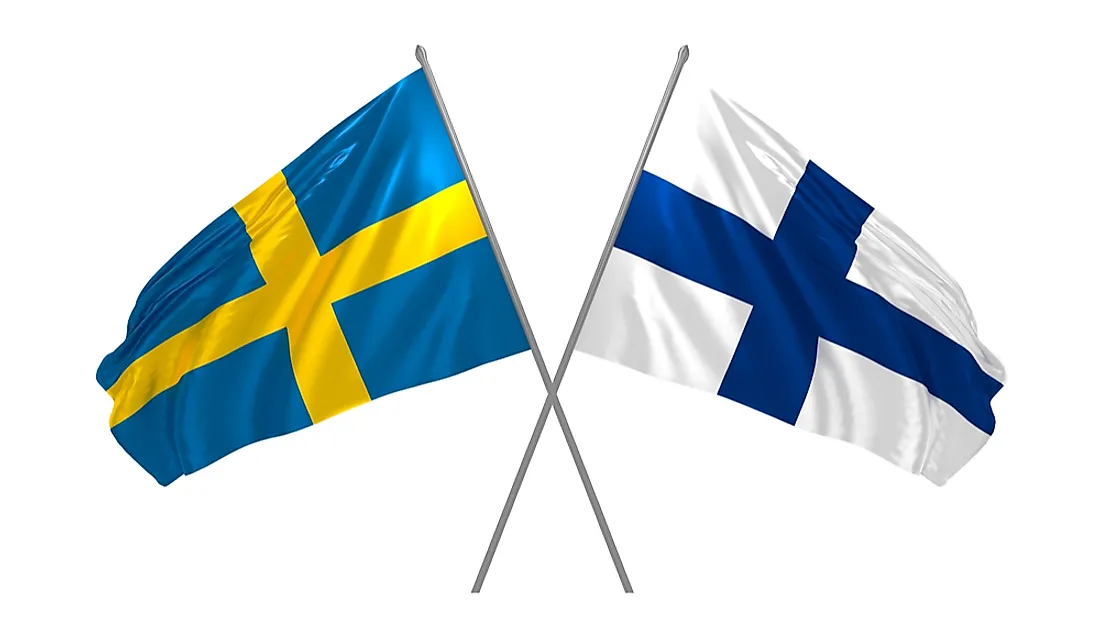Sweden in WW2 – Was Sweden Neutral?

Whether Sweden was neutral or not during World War II is debatable. However, its actions such as providing Finland with soldiers and rescuing Jews from Nazi Germany caused the world to question its loyalties during the war. Prior to the World Wars, Sweden formulated a new foreign policy called The Policy of 1812 which declared the country “non-belligerent.” Consequently, Sweden took a neutral position during the World War II which meant it would support neither the Axis Powers nor the Allied Powers. However, many historians argue that Sweden was not as neutral as it claimed due to various factors outlined here.
Sweden’s History With Finland
Historically, Sweden ruled over Finland until the end of the Finnish War in 1809 when the country became semi-independent and under the leadership of a Russian. In spite of this, Sweden remained a pillar in its affairs and supported them from time to time depending on their need. During World War II, Finland supported Germany. In support of Finland’s cause, Sweden released over 8,000 Swede soldiers to fight in Finland when the Germans pleaded for help to fight against the Soviet Union. Helping Finland meant that they indirectly supported Nazi Germany and its allies. Such action by the Swedish government cast aspersions to the country’s neutrality policy.
Trade Ties Between Germany and Sweden
Long before World War II, Sweden was part of a trade circle which also included Germany and the United Kingdom. However, Swedish consignments were attacked at sea leading to a decrease in trade with Britain by 70%. Subsequently, Swedish exports to Germany increased to 37%. One of the objects of trade was iron ore which Germany used in its weapon production. World War II meant there would be a need for more weapons and as such Germany increased the annual export of iron ore to ten million tons. Due to its neutrality policy, Sweden did not stop trading with Germany. Meanwhile, the Allies realized the significance of the iron ore trade to Germany and devised a plan to stop the shipment of goods. Taking advantage of the Soviet attack on Finland in November 1939, the Allies asked Sweden and Norway for permission to send expeditionary forces to “help” Finland. They hoped that given permission they would take control of the northern cities, thus blocking Germany and paralyzing the trade. Unfortunately, the two governments did not grant their request. Since the Allies believed that Sweden’s trade ties with Germany supported World War II, Sweden was not seen as neutral.
Humanitarian Work
The neutral position taken by Sweden during World War II enabled it to provide a safe haven for many victims of the Holocaust carried out by Nazi Germany. It played a critical role in rescuing thousands of Jews from the concentration camps set up by Nazi Germany to annihilate the Jews. Refugees from neighboring nations such as Norway, Finland, Denmark, and Hungary also resorted to make Sweden their home.
Sweden: Neutral or Not Neutral During World War II?
Sweden had a neutrality policy in place prior to World War II. Thus, its actions were not driven by any selfish motives. It only sought to protect its interests by supporting Finland. Sweden did not stop its trade with Germany because its economy depended on it, after a failed attempt to trade with the United Kingdom. Furthermore, Swedes used their neutrality to intervene and rescue many Jews from annihilation by Nazi Germany.











